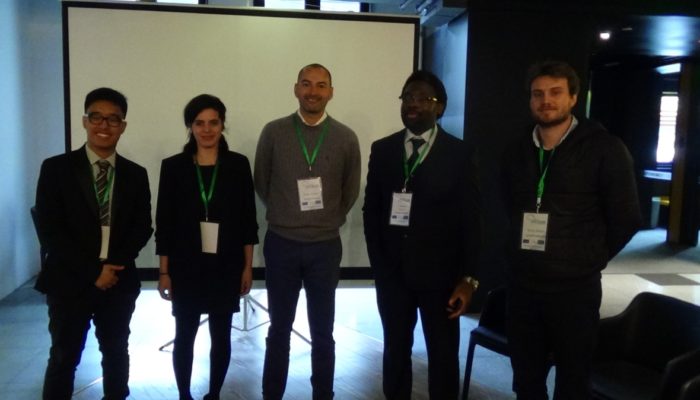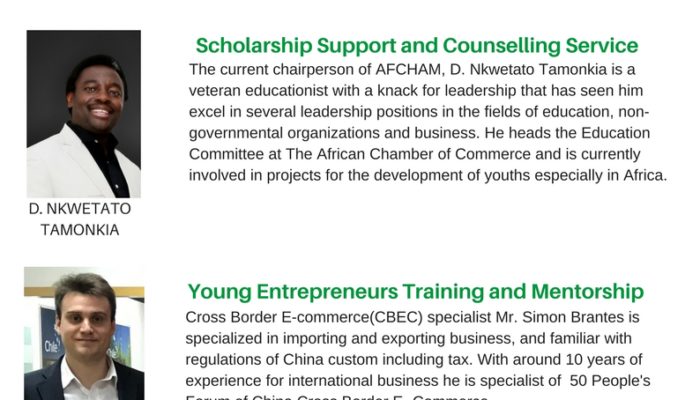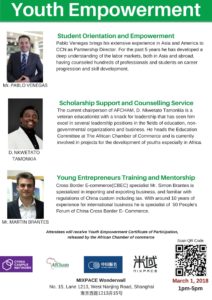The African Chamber of Commerce is celebrating the International Woman Day commemorating African women who changed the world we live in a better place.
This year we are united to honour Dr. Wangari Maathai who became the first African woman to win the Nobel Prize for her work demonstrating the intricate links between the environment, democracy and peace through Kenya’s Green Belt Movement.
As many girls in Kenya, the young Wangari was taught to respect nature. She grew up loving the lands, plants, and animals that surrounded her from the giant mugumo trees to the tiny tadpoles that swam in the river. Although most Kenyan girls were not educated, Wangari, curious and hardworking, was allowed to go to school. She excelled at science and went on to study in the United States. After returning home Dr. Maathai used with devotion her knowledge and compassion to promote the rights of the Kenyan women and to help save the land and the trees of her country. In 1997 Dr. Maathai founded the Green Belt Movement, an environmental non-governmental organization focused on the planting of trees, environmental conservation, and women’s rights and since its foundation an estimated 45 million trees were planted around Kenya.
What made the Green Belt Movement remarkable was that it was also conceived as a source of employment in rural areas, and mostly a way to empower women who in their ordinary daily life they normally came second to men in terms of power, education and much else because of the cultural and social structure of many African countries.
Dr. Maathai was awarded in 2004 of the Nobel Peace Prize that for the the first time it had gone to an African woman. She was an elected member of Parliament and served as assistant minister for Environment and Natural resources in the government of President Mwai Kibaki between January 2003 and November 2005. Unfortunately, in 2011 Maathai died of complications from ovarian cancer.
Boosting women’s potential as “green agents of change” is necessary to realize the full potential of investments in conservation in African countries and around the world. Today we all stand together in memory of Maathai.










